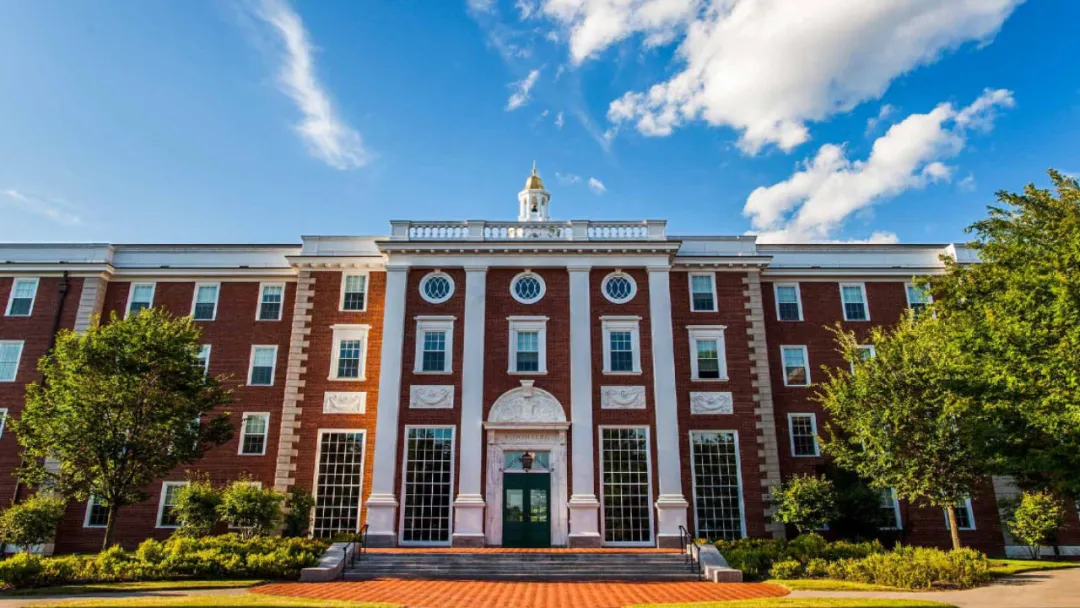
哈佛医学院博士后职位招聘–干细胞生物学/免疫学/癌症生物学/RNA / DNA测序/T细胞受体测序/细胞重编程和计算生物学
Postdoc, student, and technician positions at Harvard Medical School
Immediate postdoc, student or technician positions supported by NIH R01 grants are available. Despite the growing application of tumor immunotherapy and stem cell transplantation, the basic regulatory mechanisms of the immune response against stem cells, either normal or malignant, have remained largely unexplored. Dr. Fujisaki’s laboratory focuses on such questions in the new field of “stem-immunology”. Dr. Fujisaki’s group specifically tests whether the stem cell niche serves as an immunological sanctuary for stem cells. This would theoretically shield normal/malignant/transplanted stem cells from immune attack, as well as from cellular stress reactions. It was demonstrated in the 1950s that testis and placenta serve as immune privileged sites, where transplanted allogeneic (allo-) or xenogeneic grafts might persist long term, even in the absence of immune suppression. While tissue-committed stem cell niches have been recently identified within various tissues, the niche itself has not been evaluated in the immunological context. Indeed, it remains unknown whether somatic stem cell niches are broadly immune privileged. We have recently demonstrated that the hematopoietic stem cell (HSC) niche within the bone marrow accommodates a unique regulatory T cell population which renders the niche immune privileged (Cell Stem Cell 22, 445-453, 2018; Nature 474(7350), 216-9, 2011). We are now extending this project in multi-directions in: self-tolerance; Treg biology; stemness/niche regulation; and cancer. Multiple experimental approaches, including transgenic animal models, human samples, RNA/TCR sequencing, spatial transcriptomics, and intravital two-photon microscopy, are used. The novelty of the project is evident, because self-tolerance has been extensively studied in the immunology, but not in the context of normal/malignant stem cells.
Successful candidates of postdoctoral fellows will have a Ph.D. and/or M.D. degree. Candidates are preferred to (but do not need to) possess expertise in one of the following fields: stem cell biology; immunology; cancer biology; RNA/DNA sequencing; T cell receptor sequencing; cell reprogramming; and computational biology. We are looking for candidates who are interested in participating in our ambitious multidisciplinary research. To apply for this position, please send your CV with names/contact info of 3 references to Dr. Joji Fujisaki (jfujisak@bidmc.harvard.edu). Feel free emailing to ask any questions.
Dr. Fujisaki is a former Associate Professor at Columbia University in NY. Dr. Fujisaki has been most recently recruited as Associate Professor, Deputy Director at a newly built Center for Inflammation Research within Beth Israel Deaconess Medical Center, Harvard Medical School. Dr. Fujisaki’s laboratory is located within the Center for Life Science Building in the Longwood Medical Area.
Joji Fujisaki, MD PhD
Associate Professor
Deputy Director
Center for Inflammation Research
Department of Anesthesia and Medicine
Division of Clinical Immunology
Beth Israel Deaconess Medical Center
Harvard Medical School













